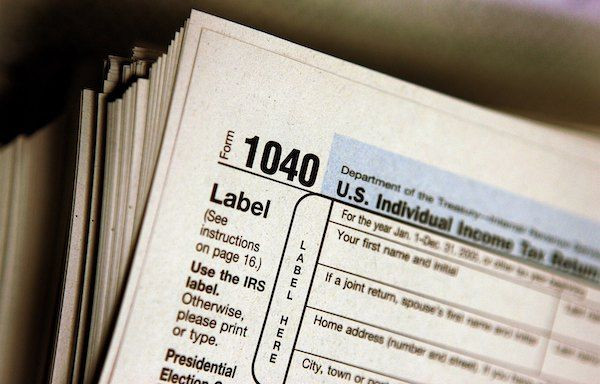Did You File Your Taxes Late? You May Be Able To Avoid Late Fees With IRS Forgiveness Plan

For most taxpayers who paid their 2019 or 2020 taxes late or have yet to do so, the Internal Revenue Service is offering some relief and will rescind any late fees that may be associated with the returns.
The move by the IRS is part of an effort to help struggling taxpayers affected by the COVID pandemic, impacting nearly 1.6 million people.
The IRS has earmarked over $1.2 billion in refunds or credits for the forgiveness plan, which will roll out by the end of September. The average refund from the IRS is $750, with some filers getting more or less, according to the agency, as reported by CBS News.
The forgiveness effort will impact both individual taxpayers and businesses that paid their taxes late as the IRS looks to free up resources for its backlog of returns to help its operations return to normal for the 2023 filing season.
The IRS traditionally implements a tax penalty of 5% per month and up to 25% of the unpaid tax for a late return.
"Throughout the pandemic, the IRS has worked hard to support the nation and provide relief to people in many different ways," IRS Commissioner Chuck Rettig, said in a statement. "The penalty relief issued today is yet another way the agency is supporting people during this unprecedented time."
Individual taxpayers who filed forms 1040 and 1120 series are eligible for returned late fees, in addition to other return filers. But to qualify for the late penalty forgiveness, tax returns must be filed on or before Sept. 30, 2022, the IRS said.
Businesses that filed 1099 series forms are also eligible to qualify for the penalty relief, but they must have filed their returns by Aug. 1, 2020 for 2019 tax filing season, and by Aug. 1, 2021 for 2020 returns.
The late fee forgiveness will automatically be applied by the IRS, and returned penalties will be delivered to all eligible taxpayers without the need to contact or prompt the agency. The penalty refunds do not apply to fraudulent returns of failure to pay penalties.
© Copyright IBTimes 2025. All rights reserved.





















